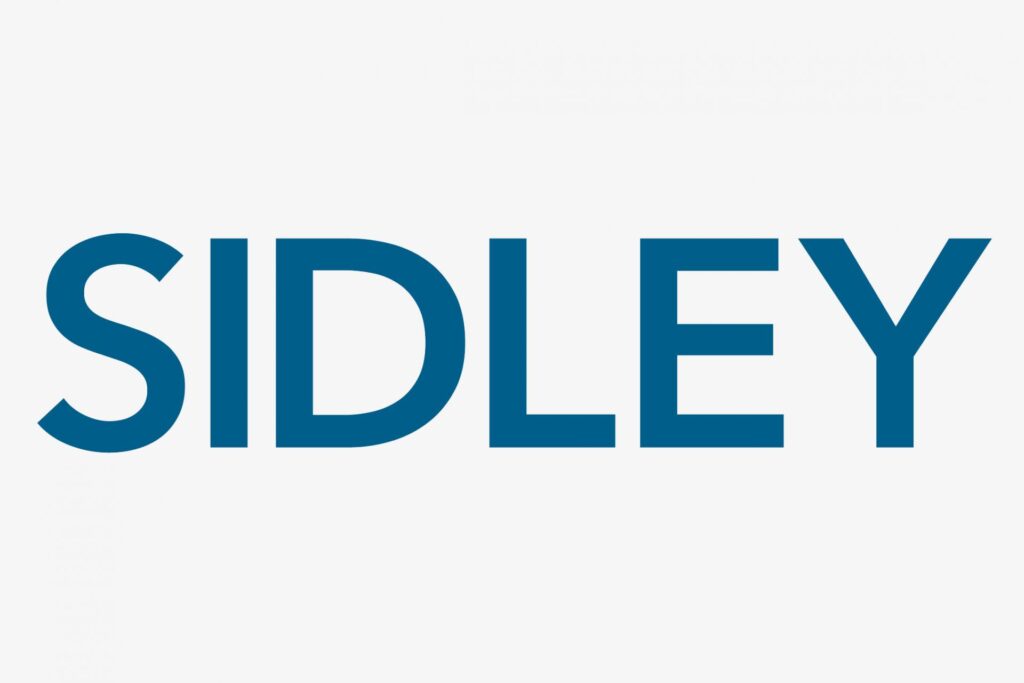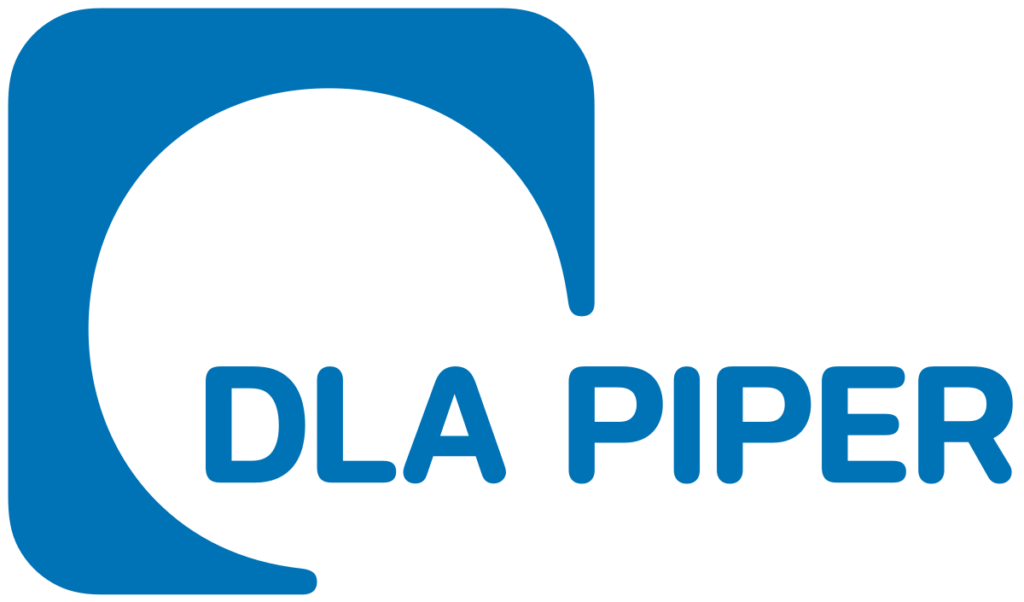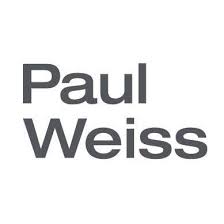The Harvard Journal of Sports & Entertainment Law is the country’s leading publication advancing legal scholarship and analysis about the sports and entertainment industries. In conjunction with the Committee on Sports and Entertainment Law, we aim to bring you the latest in scholarship, speaker programming, and social events.



